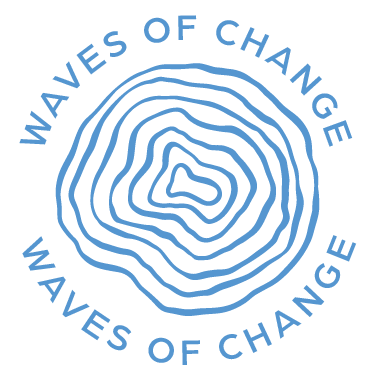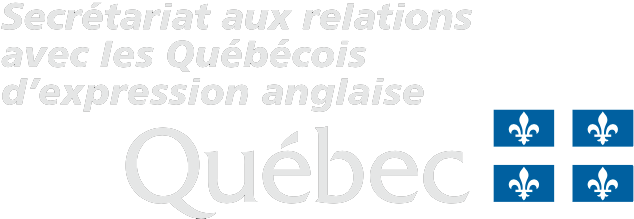ELAN’s Waves of Change project takes a deep dive into the thorny question of identity and belonging in Quebec.
For the six episodes of Waves of Change, we interviewed more than 50 people, grouped by waves of immigration. The oldest wave goes back to the days of the Napoleonic Wars. The first wave of families arrived when Montreal was 50% English-speaking and they have lived through FLQ bombings, Bill 101, two referendums, an exodus of 300,000 Quebecers and a drastically renegotiated social contract. The most recent wave, arrived since 2010, is still trying to make sense of Quebec’s history and the unwritten codes that define who belongs and who remains the ‘other.’
Episode 1:
Colliding Solitudes
Families that arrived prior to 1945 and lived mainly in a linguistic isolation until the turbulent 70s and 80s.
Episode 2:
Le Vote Ethnique
Immigrants and refugees who arrived in Quebec between 1945 and 1970, mostly speaking neither English nor French. The Catholic Church pushed many into the Protestant school system.
Episode 3
Classe d’acceuil
Families that arrived in 1970-1995 during the incendiary FLQ and referendum years.
Episode 4
Crashing the Party
Families that arrived in 1995-2010 during a period of calm.
Episode 5
Invisible Hoops
Families that arrived since 2010 and are surprised that the old English-French conflict remains so present.
Episode 6
You Just Have to Find Them!
Features a fascinating group of people with regional roots from all around Quebec. Their story is dramatically different from Anglos in Montreal.
What We Choose to Remember features a cast of more than 30 characters, whose families arrived in successive waves of immigration. The oldest families arrived during the period of ‘two solitudes’ when Montreal’s population was more than 50% English. They share firsthand accounts decades of political upheaval. The most recent immigrants arrived believing linguistic conflicts were ancient history.
Visit the website to watch the trailer and find tickets to our public screenings ︎ Visit the website to watch the trailer and find tickets to our public screenings ︎
Visit the website to watch the trailer and find tickets to our public screenings ︎ Visit the website to watch the trailer and find tickets to our public screenings ︎
Acknowledgements
Our story takes place on the Indigenous lands of the Kanien’kehá:ka (Mohawk) nation of the Haudenosaunee Confederacy. Tiotià:ke (known as Montréal) has existed as a meeting place of many First Nation peoples, including but not limited to the Abenaki , Anishinaabeg (Algonquin), and the Huron-Wendat. We extend our deepest respect to the elders of these nations and to all Indigenous peoples who carry the history of this island’s land and waters. We also call upon all levels of government to adopt and implement the 94 recommendations of the Truth and Reconciliation commission.
We acknowledge the support of our sponsors
Our story takes place on the Indigenous lands of the Kanien’kehá:ka (Mohawk) nation of the Haudenosaunee Confederacy. Tiotià:ke (known as Montréal) has existed as a meeting place of many First Nation peoples, including but not limited to the Abenaki , Anishinaabeg (Algonquin), and the Huron-Wendat. We extend our deepest respect to the elders of these nations and to all Indigenous peoples who carry the history of this island’s land and waters. We also call upon all levels of government to adopt and implement the 94 recommendations of the Truth and Reconciliation commission.
We acknowledge the support of our sponsors


